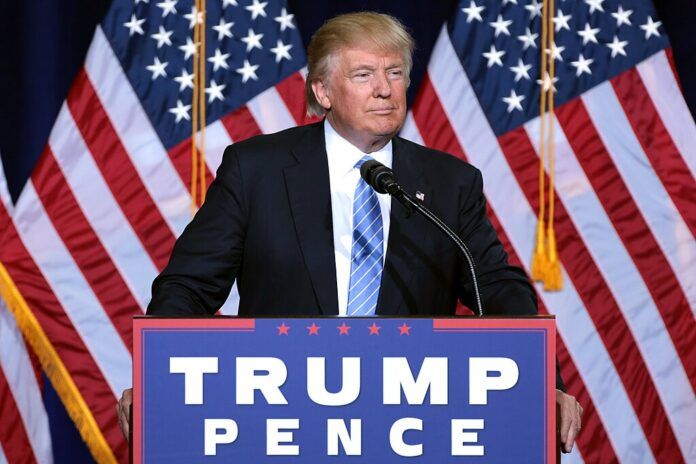Efforts to secure a $464 million bond face hurdles as the deadline looms, with asset seizure on the line
Former President Donald Trump‘s legal team is mounting a vigorous challenge against New York Attorney General Letitia James’ attempts to enforce a substantial bond requirement as part of a $464 million civil fraud judgment. With a looming deadline that could lead to the seizure of Trump’s assets, his lawyers are decrying the bond demand as “unconstitutional” and detrimental to the former president’s right to appeal.
The crux of the dispute revolves around the monumental task of posting a bond equivalent to the judgment amount, a sum that Trump’s attorneys argue is virtually unattainable for a private entity. Despite reaching out to approximately 30 surety companies, Trump’s legal team has found securing a bond of this magnitude to be a “practical impossibility.” This challenge underscores the extraordinary financial pressures imposed by the judgment, with the attorneys highlighting the unprecedented nature of such a bond requirement for a private company.
Embed from Getty ImagesIn response to these developments, Clifford S. Robert, representing Trump, penned a letter to the Appellate Division of New York’s Supreme Court, vehemently arguing against James’ approach. Robert’s letter painted the demand for the sale of properties to meet the bond requirement as an unconstitutional action that would inflict irreparable harm on Trump, particularly in the event of a successful appeal.
The standoff between Trump’s legal team and the New York Attorney General’s office brings to light the constitutional debates surrounding the enforcement of large financial judgments and the rights of defendants to appeal without facing prohibitive financial barriers. The legal team’s arguments hinge on the assertion that the bond condition is not only unreasonable and unjust but also unconstitutional under both federal and New York state law.
As the deadline draws near, Trump and his attorneys are exploring all available options, signaling a determination to fight the judgment and its associated bond requirement on multiple fronts. The situation underscores the high stakes involved, with the potential for asset seizure adding a layer of urgency to Trump’s legal challenges.
The case continues to capture national attention, highlighting the ongoing legal battles faced by the former president and the intricate legal arguments surrounding the enforcement of civil fraud judgments. As Trump’s team prepares for the possibility of asset seizure, the outcome of this legal contest could have significant implications for the former president’s financial and legal standing
